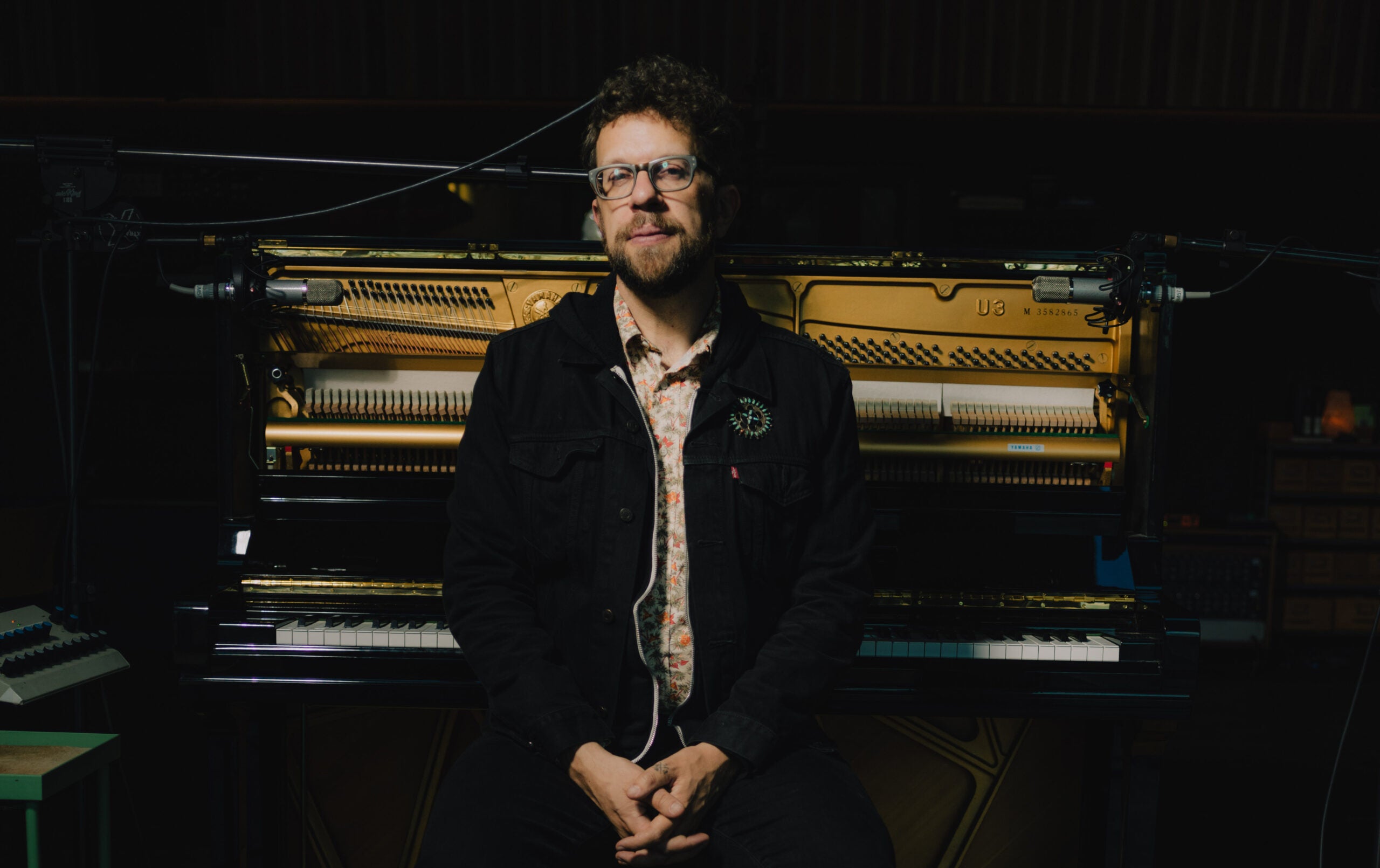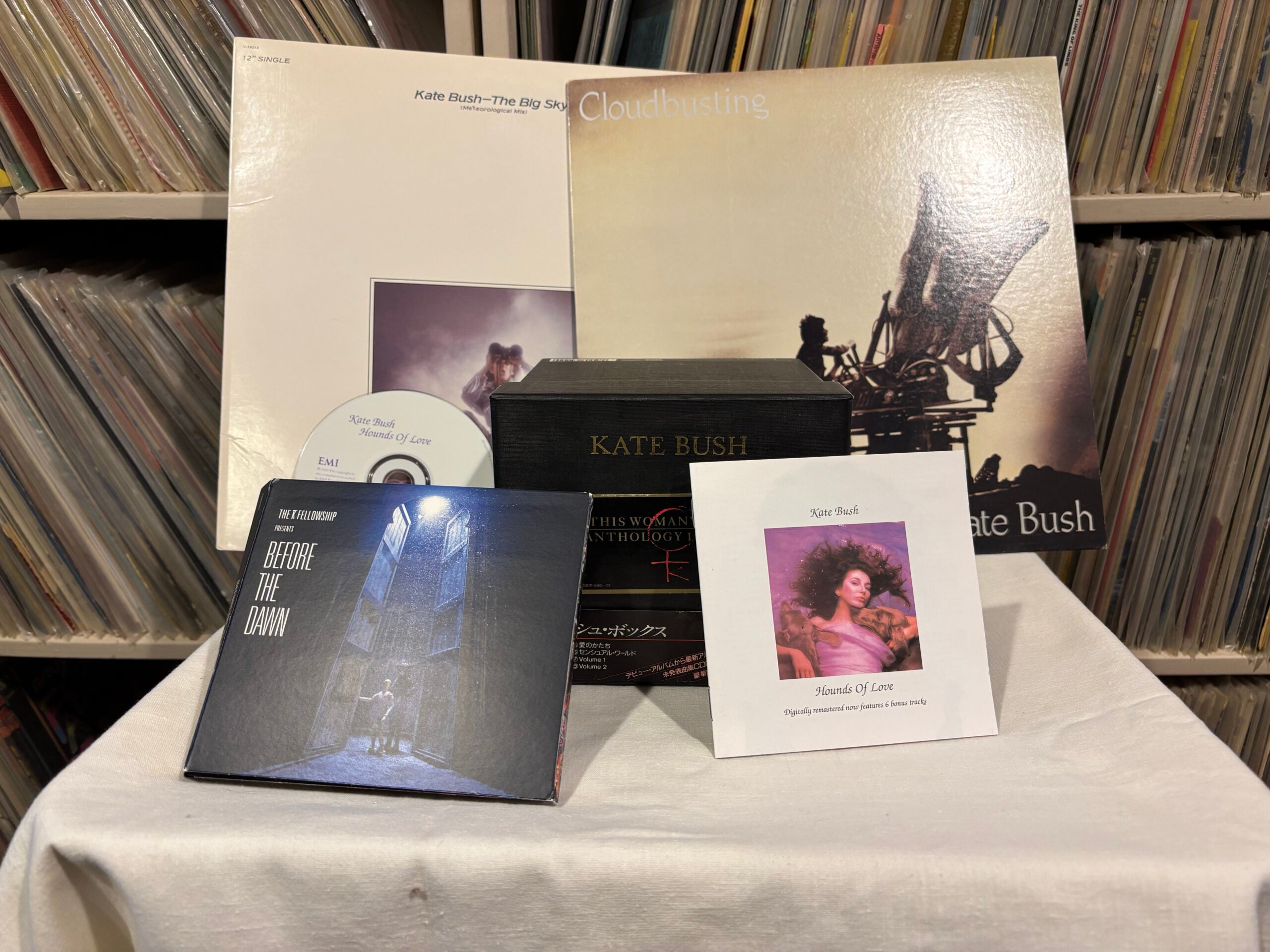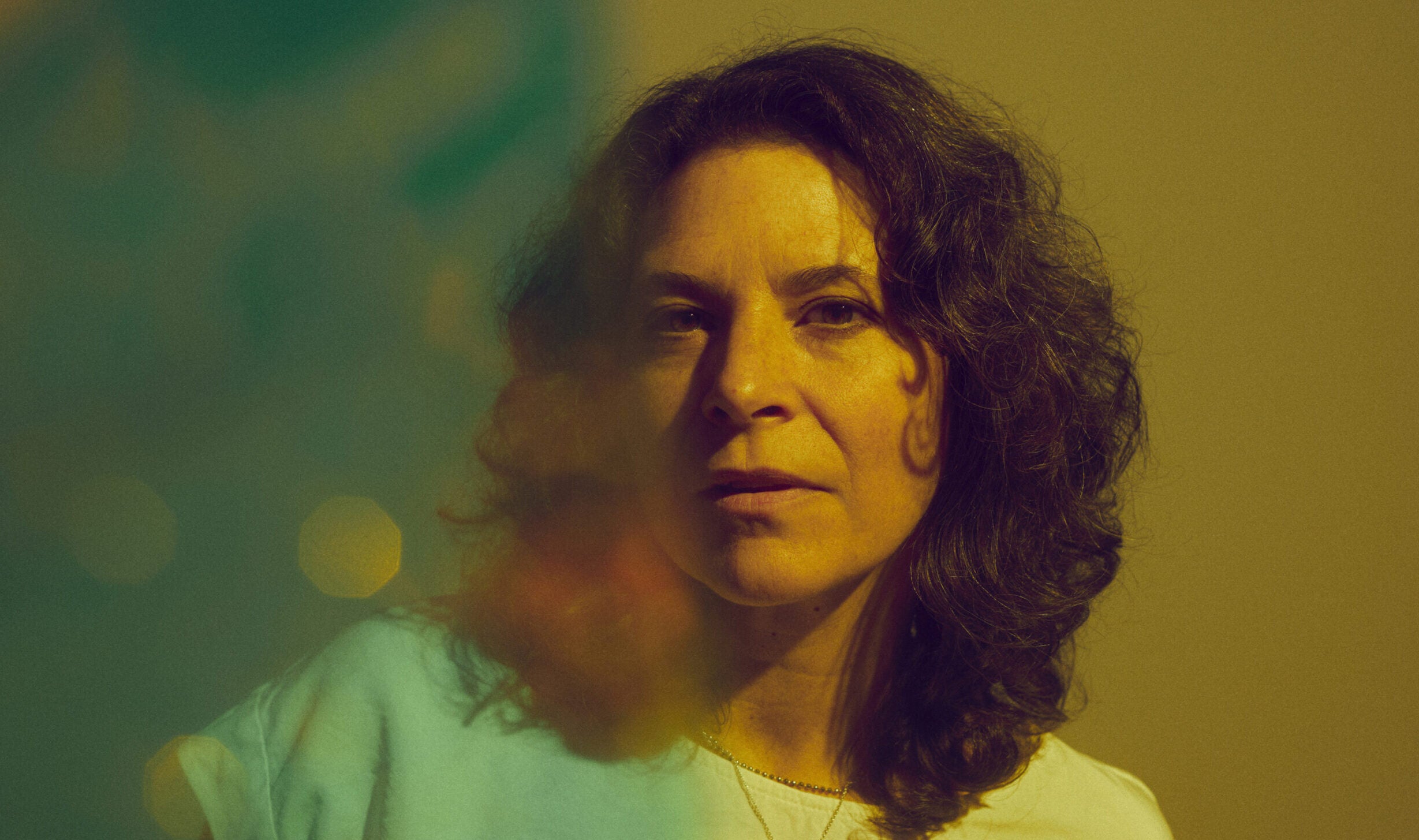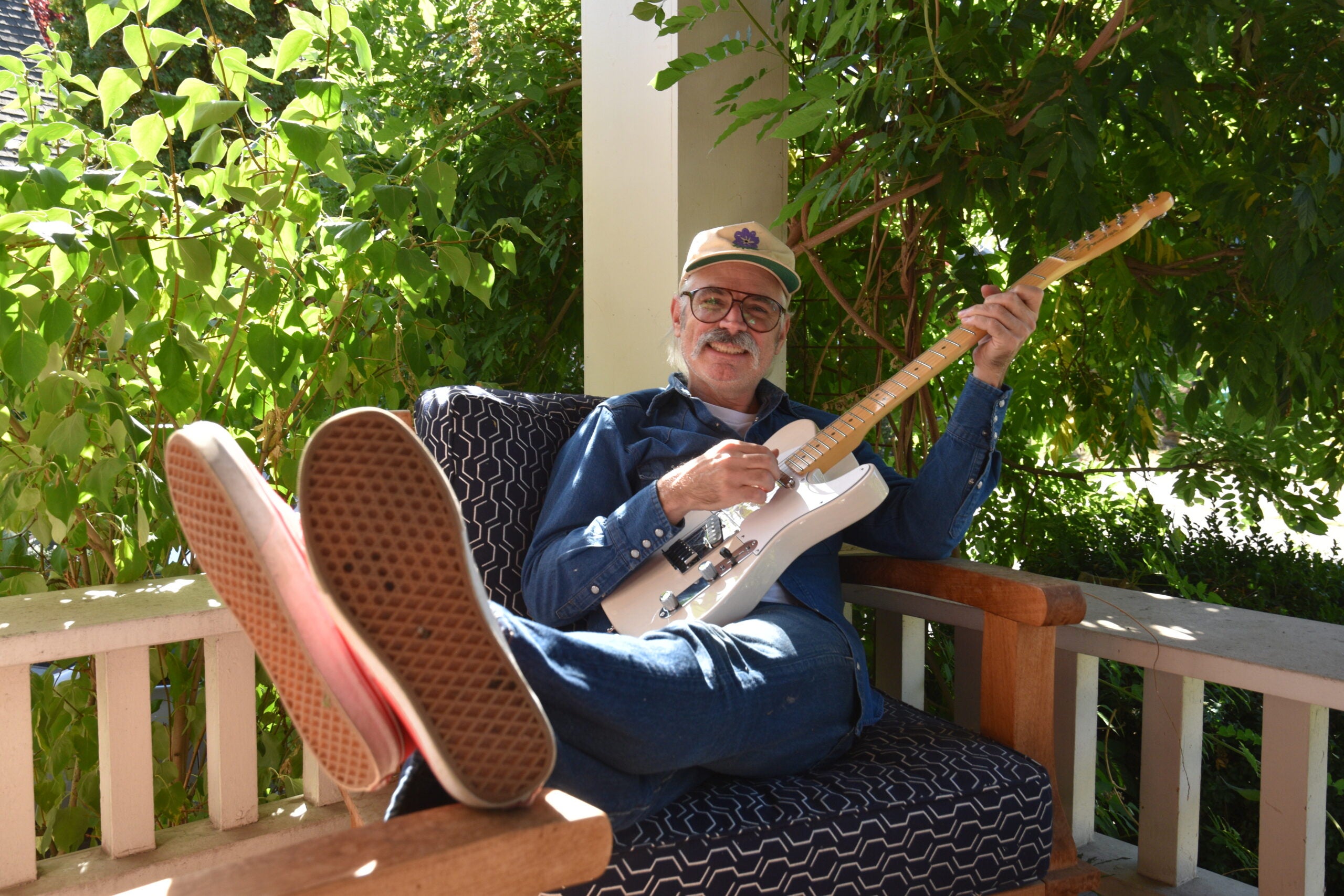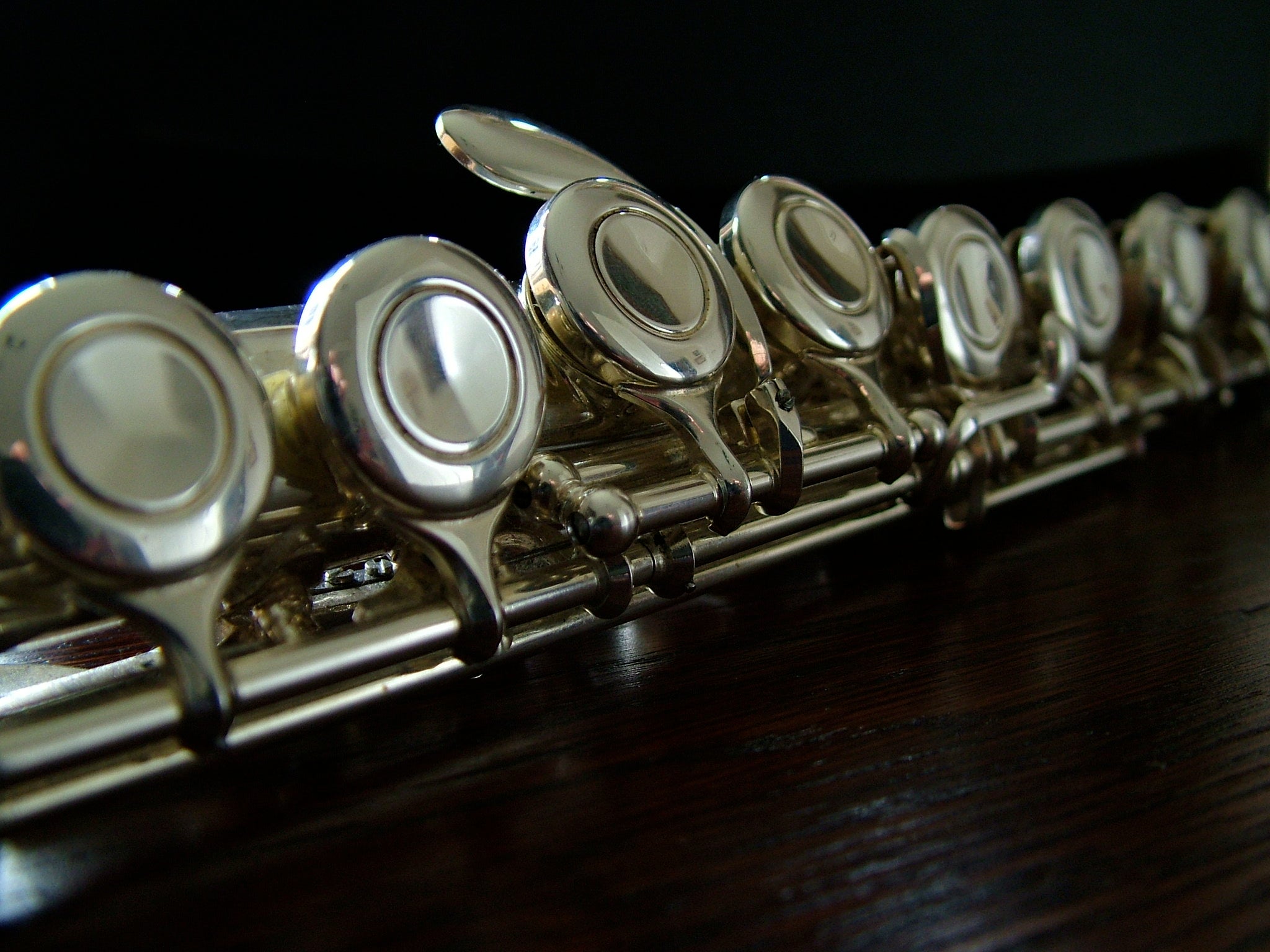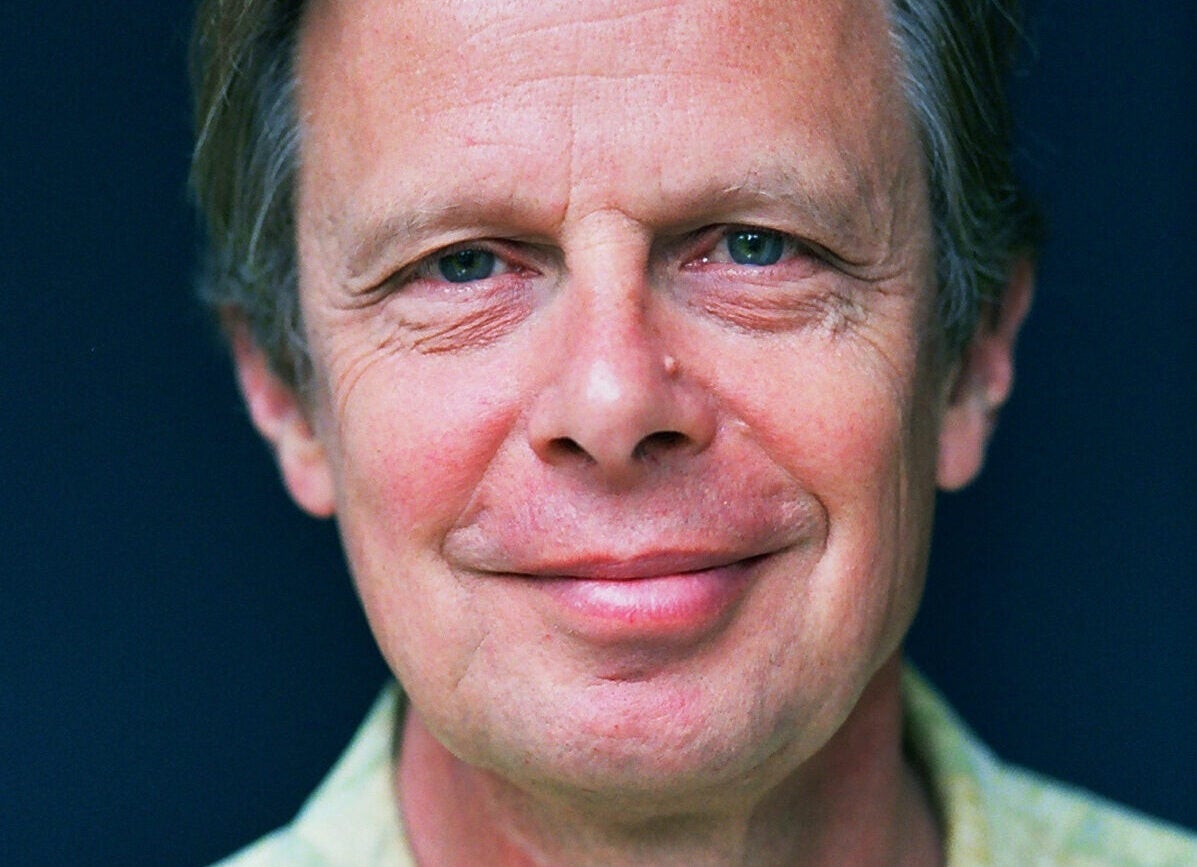Phil Cook grew up in Chippewa Falls, Wisconsin, and relocated to North Carolina about 20 years ago to pursue what’s become a prolific career as a musician.
From his time in the group Megafaun with his brother Brad, to collaborating with his childhood friend Justin Vernon of Bon Iver, Cook has become known as a great guitarist, vocalist and songwriter.
But when Cook recently spoke with WPR’s “BETA” resident musicologist Steve Gotcher, Cook shared his love for the piano, a new record of solo instrumentals titled “Appalachia Borealis,” and how his humble tones transport the listener to a nearby couch with the window cracked and birds singing outside.
Stay informed on the latest news
Sign up for WPR’s email newsletter.
The following interview has been edited for clarity and brevity.
Phil Cook: There’s an intimacy to the way that I play the piano at home. It’s become a meditative spiritual practice for me. It’s really a healing mechanism, and it’s a language for me. So I need that feedback of really feeling the hammers, feeling the strings coming right back at me. I like the intimacy of an upright piano, and what I think it does is it brings the intimacy of a living room into your living room. You’re not in a concert hall.
That’s how I want the record to feel. I want it to feel really close to you because it is very personal to me, and I want to feel personal to the listener.
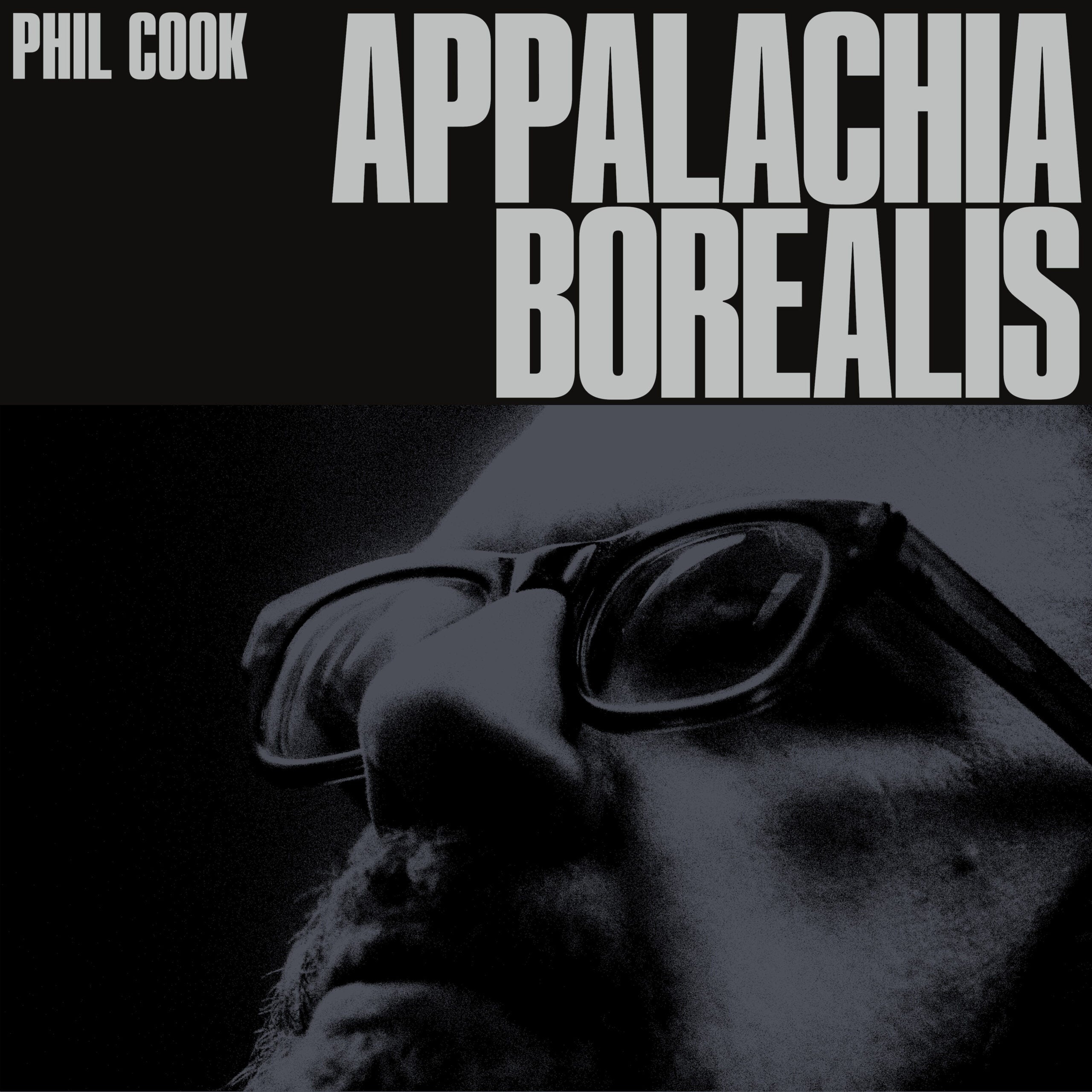
SG: Wow, that was the vibe I got the first time I listened to it. How did you manage to dial in that vibe?
PC: When I reacquainted myself with the piano, I had a lesson with a gospel piano player who is music director at a really big Baptist church in town. He’s also a jazz player. He had me play for him, and when I finished, he simply asked me, “Why do you use the sustain pedal so much?” And I said, “I don’t know.” And he said, “I wanna challenge you to stop using it.” And I say, “OK?” He said, “We know how to use it, but when you take away the net, you really find out how you play.”
If I want to hold something, I have to hold it. If I want to run something, I can run it. But taking away the pedal allows me to do both. While engaging the pedal, everything’s going to sustain that I play. Every string resonates sympathetically in some way, shape or form. And we’ve become so accustomed to that. I have, too. Any piano recording, all the strings are somewhat resonating the whole time. You can hear it when you just push it down without hitting anything. You take that away, everything shrinks in.
And that has helped me express myself. So when I hold something in the treble clef or something in middle that I want to sing, everything can dance around it. But if that one thing sings through and holds, it’s allowed me to sing on this instrument in a way that I never have.
SG: And you have said the time you were recording this record was a challenging time for you personally. How did that influence this recording?
PC: To answer it best, I can just tell you that my family has navigated a divorce. I went through a divorce in the last three years, and that was the whole time I was writing this record. My kids having to live in two different homes. It involved a lot of healing, a lot of regathering and a lot of reassessing what matters to me most. So I found myself living in the country, taking a lot of long walks and going in the woods. I’m sitting one day in my bed, there’s a willow tree outside my window. And I can just hear that there is a mockingbird sitting 5 feet from my head. And it’s just going OFF!
So I quietly opened up my window and I put my phone on the edge of the window sill, and I just recorded about 15 minutes of this dawn chorus. It was just a really sweet moment. I got to my studio that day, and I put on that recording in my headphones here and this profound thing happened, Steve. All of a sudden, I’m in this sanctuary that I go to every day in the woods and the world is falling away. I’m falling away. And in that space, I wrote three songs in one day with the birds just in my ears. And they set this scene that’s so beautiful.
They have their own rhythm. They have own cadence. And it felt like I wasn’t alone, but it also felt super intimate. So then I realized, oh, I’ve just taken that sanctuary and I’m laying it on top of this sanctuary area that I have in the piano, and that became a healing space for me.
SG: Let’s back up a little bit and talk about you growing up in Chippewa Falls. What role did music play in your family and how were you first introduced to the piano?
PC: We had an upright piano in my living room, and my dad is a piano player. So my dad grew up playing piano. He can read sheet music, but he also plays by ear. My dad’s a great natural musician.
And then, Chippewa Falls itself, it was 12,000 people growing up. And when I really found that piano was right in the throes of puberty. All the confusion, the piano was there for me. It was just this place where I could put all that confusion and everything I was enduring.
And I really began to fall in love with my dad’s record collection. He had great records, so I would put on records and CDs and anything I could find and I would just try and figure things out.
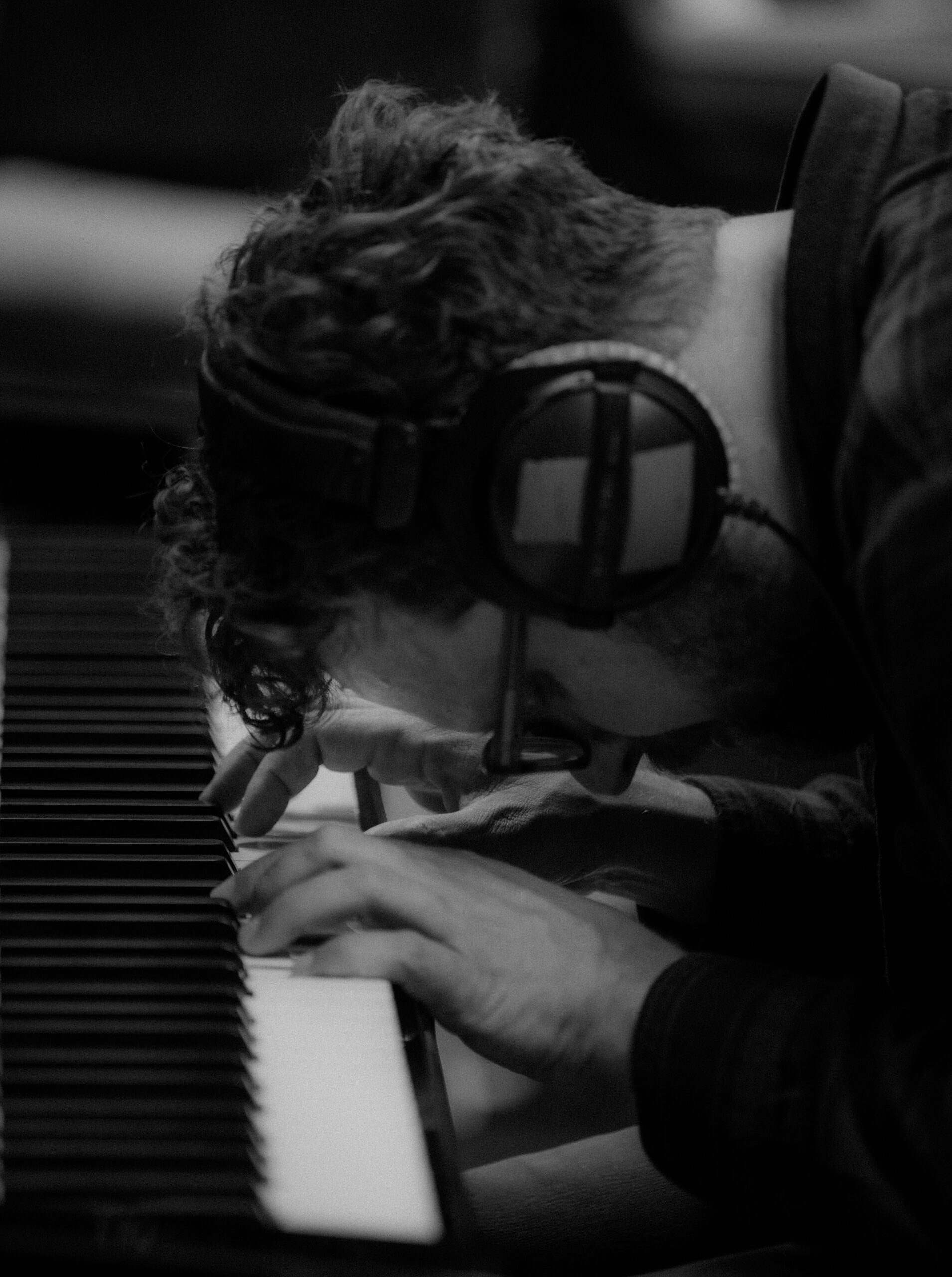
SG: Your musical resume is pretty big. You’re a great vocalist, a guitarist, a banjo player, and you’ve played in bands like Megafaun and DeYarmond Edison. You’ve released solo records that cover folk, rock, blues and gospel. You’ve collaborated with Bon Iver, Hiss Golden Messenger and a whole bunch of others. After all that, what drew you back to the piano and composing solo instrumental music?
PC: When I look back on my 20s and 30s — moving to North Carolina, playing in all these different bands, being a session player, learning how to lead my own band, learning multiple instruments, and being out in the public and on tour for almost 15 years — that was a very outside-in process. It was very externally validating, which was great, but there was a big imbalance at the core of my life. And the piano really represents that really core piece of me.
The other thing I like to say is, as a white guy with glasses, I’ve been in a lot of places and spaces, but sometimes I kind of feel like white dudes should be thinking about making a little bit more instrumental music these days.
SG (laughing): I like that. That’s good. One of the centerpieces of the record is your innovative reinterpretation of Gillian Welch’s song, “I Made a Lovers Prayer.” What’s your connection to this song and why did you decide to include this one?
PC: That’s a great question. Two years ago, I did one small tour for my first piano record, “All These Years.” It was in Wisconsin. And when I got from that, I just felt like, I’m 43 years old. I think it’s probably time that I actually owned a piano. I’ve had keyboards, I’ve have thrift store pianos, but as a composer on piano, if this is what I’m doing, I better get a piano.
So I found a family piano shop in Raleigh, North Carolina. Great people, Mouse Piano. And I found a beautiful Yamaha U3 there. And I just sat down at it and played for like four hours. And while I’m sitting there playing, I got into this rhythm. I just started playing that song. I don’t know why Gillian Welch was in my head that day. I love that song.
SG: Now, when you were ready to record this record you went to April Base Studio just outside of Eau Claire, Wisconsin, near Fall Creek. It’s the studio of Bon Iver’s Justin Vernon and has become a destination for artists from all around the world. What’s special about April Base to you?
PC: Justin and I grew up and really learned how to play music together. All my core memories of music, he’s right there by my side. So when he found all the success that he had, he made this big investment in this studio. And I can’t even tell you the number of records that I’ve made there over the last almost 20 years. And so I have a lot of memories in that studio.
I knew I wanted to make this record with a special piano. And in order for me to go there, I really need to be at my full agency without any self-consciousness, no self-awareness. Everything has to kind of fall away. And a friend that’s been in your corner that long, that sees you for you, loves you for you, accepts you for you, that’s the kind of space I’m talking about.
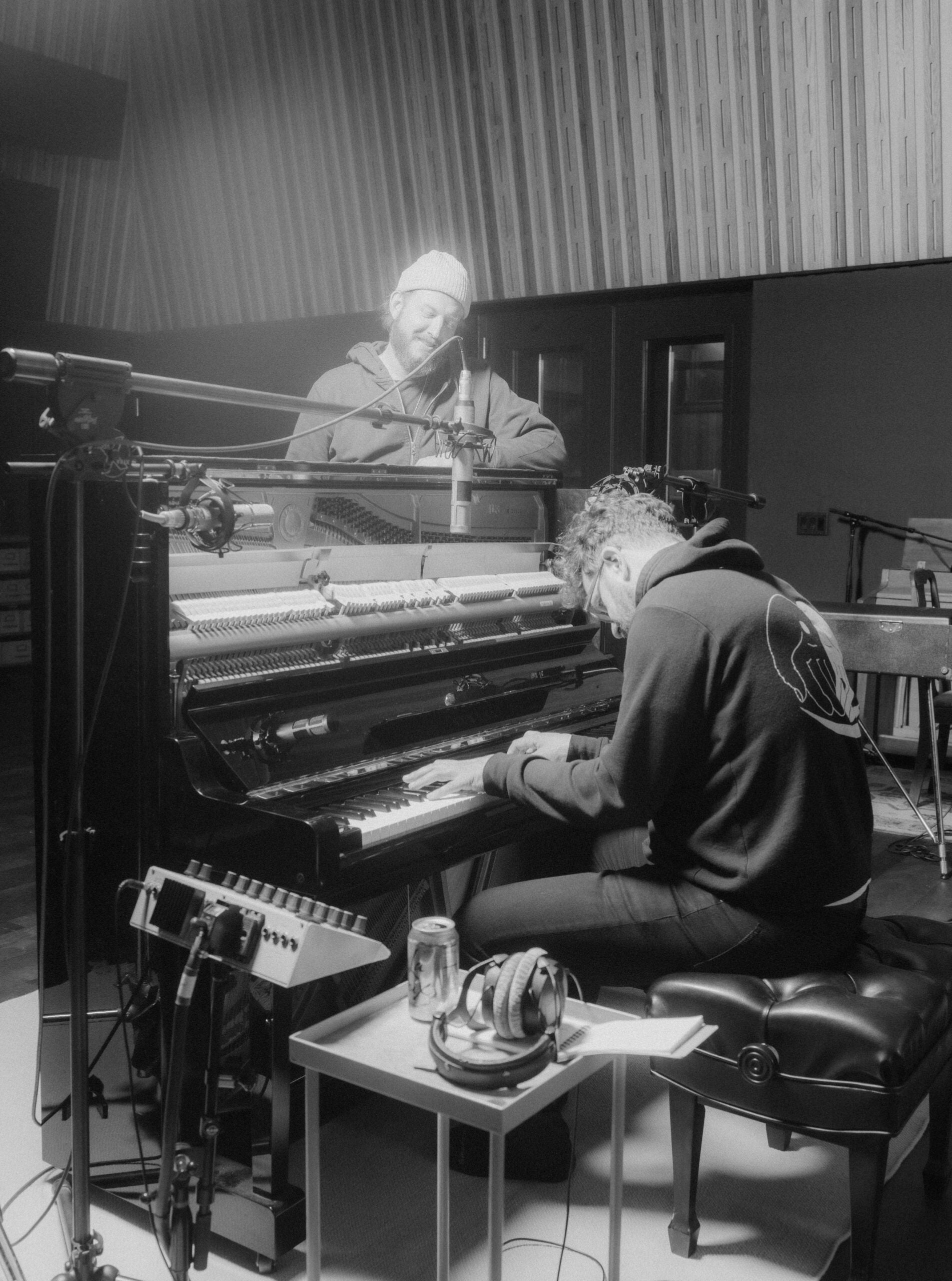
So when I asked Justin if he would produce, he said, “Yes, what do you picture me doing?” And I said, “I need you to just hold the space and let me go where I gotta go. And then I need to just listen. And then when it’s done, I need you to go through and take notes and just say, these are the moments I feel like the most you that I know you to be on the instrument.” And he made the kind of greatest hits list. Because we had about 100 recordings to go through that I made in two days.
SG: You kept the recording process pretty simple and experimented with feeding the bird songs into your headphones as you played. What kind of effect did that have?
PC: They’re just voice memo recordings from my phone. But I had five or six that I gave to the engineer and I said, “Hey, will you play one of the bird recordings into my ear?” And I pre-made it as a loop that was like 15 minutes long so I could just be in it for a while. Because some of the compositions I had, I wrote them with those birds. So like the wood thrush song? That’s from a forest in Orange County, North Carolina. That’s the song that goes with that environment and that bird. So I need the birds in my headphones to actually perform it. In order for me to play it in the right rhythm and cadence, I have to have the birds.
SG: Would you consider the birds collaborators?
PC: A hundred percent. I feel like, in a way, I’m really collaborating with them. They’re setting the tone. They’re setting the pace. And my reactions and how I’m playing. The wood thrush song is in E-flat. It’s an E-flat because when the wood thrush says, “ba-da-do, de-do,” E-flat sounds the best with that. So they’re really dictating where I’m going and what I’m doing. So I absolutely am humbled to be collaborating with the birds.
SG: The title track, “Appalachia Borealis,” you have the sound of a loon calling in the distance, and you said you couldn’t have written this song as a young man. Why is that?
PC: I just played too much when I was a young man. You hear people with a lot of virtuosity that can really dazzle. And I chased that for a while and I realized that I have some limitations there. Then I heard Bill Frisell, and you realize there’s just different paths for how to get feeling and a mood across directly to the heart of the listener. And so to me, I needed to go through a lot [of] life.
And so with “Appalachia Borealis,” all the things I was navigating personally, it was a rainy day when I wrote it. It was pouring rain. The mood was set, man. It was there. And I was really missing Wisconsin and home. And I had a recording from the cabin that my family’s owned for 115 years. I had recording of some loons on the lake. In that day, I put those loons on.
SG: It’s an amazing sound.
PC: It is an amazing sound. And when there’s a chain of lakes, sometimes you’ll you’ll even be able to hear it echo over the lake and then you’ll hear loons from a different lake call back. They just feel what they’re doing. They can really feel the resonance of their call. So that really contains like the most sacred place on Earth for me. That cabin.
